Table of Contents
- What is a Cybersecurity Lawyer Certification?
- Why You Should Pursue a Cybersecurity Lawyer Certification
- What Does a Cybersecurity Lawyer Certification Cover?
- Who Should Pursue a Cybersecurity Lawyer Certification?
- Advantages of a Cybersecurity Lawyer Certification
- How to Select the Right Cybersecurity Lawyer Certification
- Less Known Facts About Cybersecurity Lawyer Certification
- Final Thoughts
- FAQs About Cybersecurity Lawyer Certification
In today’s digital world, the intersection of technology and law is more important than ever. As cyber threats like data breaches, ransomware attacks, and identity theft continue to rise, the need for specialized legal expertise in cybersecurity is growing. A Cybersecurity Awareness Certification in 2025 helps bridge the gap between law and technology, equipping legal professionals with the necessary skills to navigate complex cyber-legal issues. With certifications like the ACSMI Cybersecurity Lawyer Certification, lawyers can gain a deep understanding of cybersecurity protocols and legal frameworks, enabling them to confidently address legal challenges in the digital era.
What is a Cybersecurity Lawyer Certification?
A Cybersecurity Lawyer Certification is a specialized credential aimed at equipping legal professionals with the knowledge and skills needed to tackle cyber-legal issues effectively. As cybercrime becomes a global threat, the demand for lawyers who understand both the legal landscape and the complexities of cybersecurity has grown significantly. This certification is designed for legal professionals looking to specialize in areas such as data protection, cybercrime litigation, and technology law. It also prepares them to navigate regulatory compliance with global standards like GDPR, HIPAA, and CCPA.
Programs like ACSMI’s Cybersecurity Lawyer Certification stand out by offering a curriculum that blends legal principles with cybersecurity knowledge, allowing lawyers to operate at the intersection of law and technology. This certification not only strengthens your ability to protect clients from cyber threats but also positions you as an expert in a rapidly expanding field.
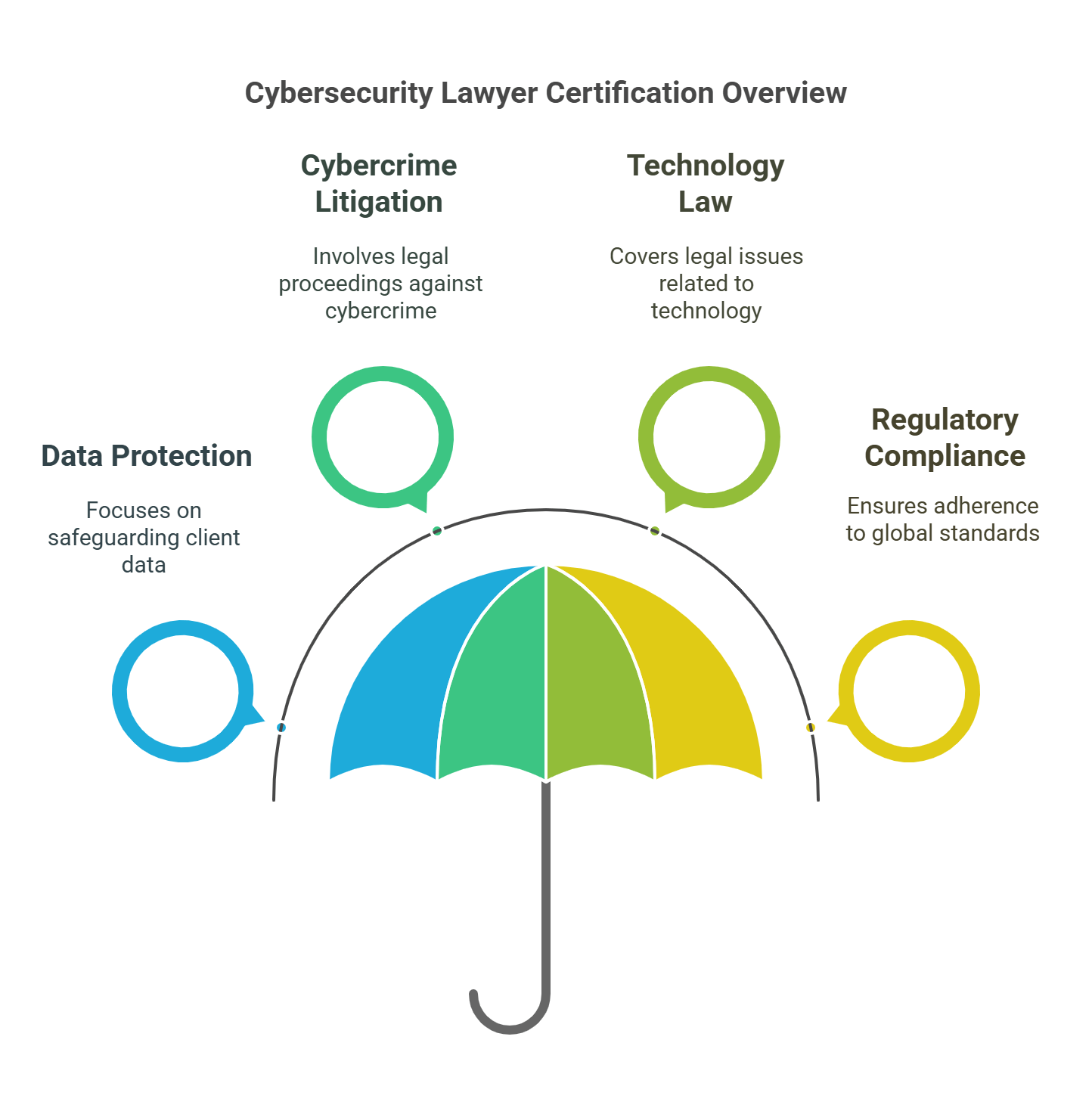
Why You Should Pursue a Cybersecurity Lawyer Certification
Growing Legal Demand in the Digital Landscape
Cyber threats are a significant concern for every industry, and the need for legal professionals who can handle both legal and cybersecurity issues has never been higher. As businesses move online, their risk exposure increases, requiring expert legal guidance on everything from data breaches to intellectual property protection.
Stand Out in a Competitive Industry
The legal industry is becoming increasingly competitive, and possessing a Cybersecurity Lawyer Certification gives you a unique edge. With technology advancing quickly, tech companies, government agencies, and law firms are actively seeking legal professionals who can address both legal and cybersecurity concerns.
Enhanced Career Opportunities
Specializing in cybersecurity law can open up lucrative career paths in data privacy, blockchain regulations, and AI governance. The demand for cybersecurity expertise in law is growing, and certified professionals are well-positioned to take on roles with higher earning potential and long-term career growth.
Be a Trailblazer in Cyber Law
Cyber law is an emerging field, and professionals with expertise in cybersecurity law are seen as pioneers. By earning a Cybersecurity Lawyer Certification, you can become an early adopter of this evolving area of law and lead the way in shaping how legal frameworks address digital threats.

What Does a Cybersecurity Lawyer Certification Cover?
Cybersecurity lawyer certification programs focus on topics that are critical for understanding both the legal and technical aspects of cybersecurity. Key areas include:
-
Cyber Threats & Legal Frameworks: Learn about the different types of cyberattacks, how to mitigate risks, and the legal frameworks used to address these issues on a national and international level.
-
Compliance Standards: Understand regulations like GDPR, HIPAA, and the CCPA, and learn how to ensure compliance with these standards for organizations dealing with personal data.
-
Develop the skills: necessary to analyze cyber incidents and understand their legal implications. This knowledge is critical when presenting evidence in court.
-
Blockchain & Cryptocurrency Regulations: Study the laws surrounding decentralized technologies and digital assets like Bitcoin and Ethereum, which are rapidly gaining traction in various industries.
-
AI & Emerging Technologies: Explore the legal challenges posed by artificial intelligence, machine learning, and other emerging technologies, particularly in areas like intellectual property and privacy.
Programs such as ACSMI’s certification also incorporate real-world simulations, allowing students to work through actual cyber-legal scenarios, making them ready to handle real-world challenges upon certification.
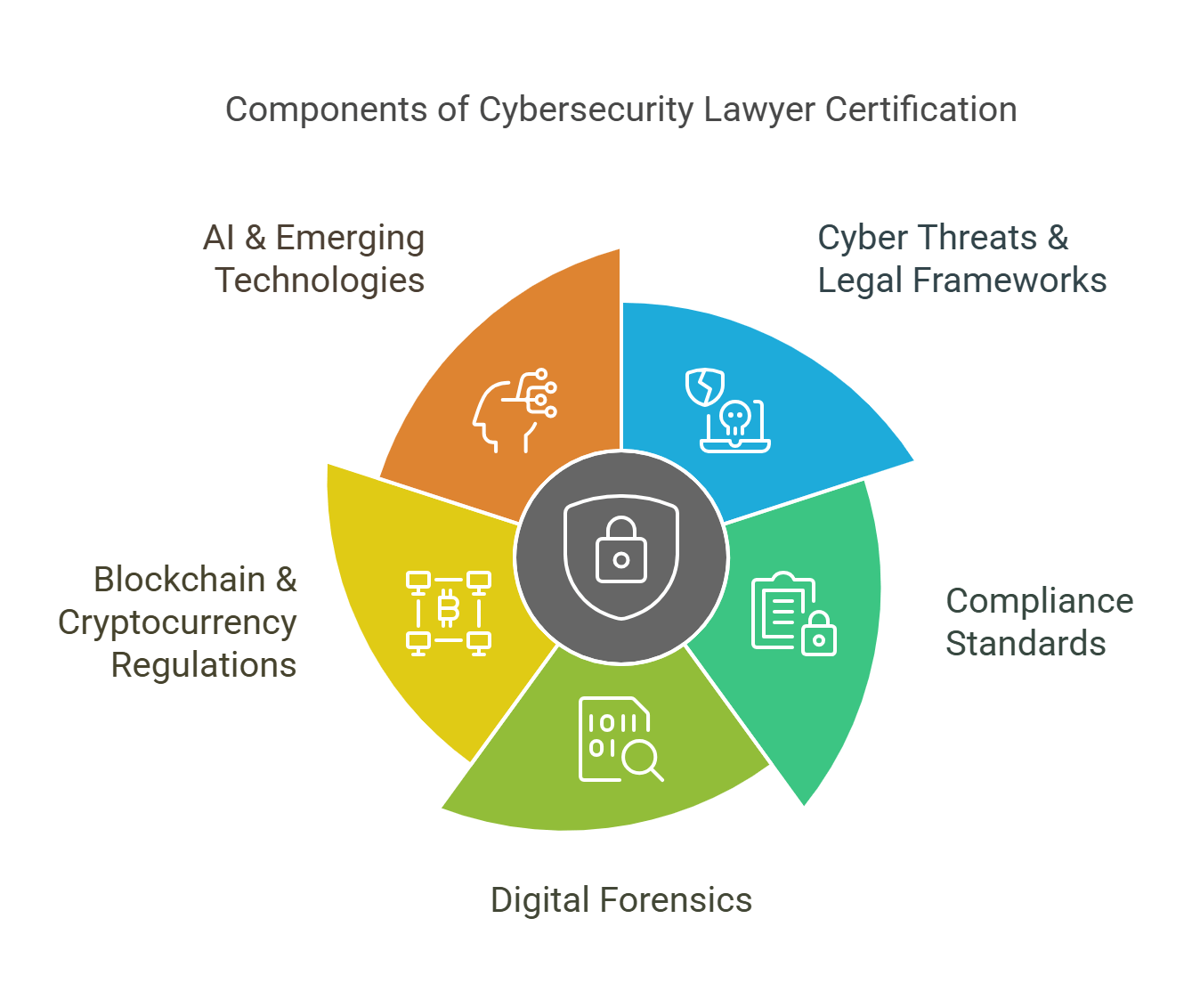
Who Should Pursue a Cybersecurity Lawyer Certification?
This certification is ideal for a variety of professionals, including:
-
Practicing Lawyers: Those who want to specialize in cyber law or compliance will benefit from this certification.
-
Legal Consultants: Professionals offering advisory services to companies that are heavily regulated can expand their expertise with this certification.
-
Compliance Specialists: Individuals tasked with managing cybersecurity protections and reporting in large organizations will find this certification useful for enhancing their skillset.
-
Tech Professionals: Those with a tech background seeking to transition into legal or policy-driven roles will find that this certification opens up new career opportunities.
Advantages of a Cybersecurity Lawyer Certification
-
Advanced Knowledge and Expertise:
This certification equips you with specialized knowledge at the intersection of law and cybersecurity. You’ll not only understand legal principles but also gain a thorough understanding of cybersecurity concepts. This dual expertise makes you highly valuable to organizations that need legal professionals who can navigate both the legal landscape and the technical aspects of cyber threats and cybersecurity protocols. -
Global Recognition:
A certification from a reputable program like ACSMI is recognized internationally. This means that no matter where you go in the world, your qualification holds credibility. It’s an assurance to employers and clients that you have received quality training and education, and your skills can be applied in diverse international legal contexts. -
Practical Learning:
High-quality certification programs often include hands-on components like case studies and simulations that mimic real-world scenarios. This allows you to apply the theoretical knowledge you’ve learned in a controlled environment before facing actual legal challenges. This kind of learning ensures that you’re better prepared to handle cyber-legal issues in your practice or business. -
Career Growth Potential:
With the increasing demand for cybersecurity expertise in law, a certification opens up numerous career opportunities. Certified cybersecurity lawyers are often sought after for roles in high-demand areas such as legal tech, data privacy litigation, and cybersecurity consulting. These roles often offer competitive salaries, career advancement, and a chance to work at the forefront of legal and technological innovation. -
Networking Opportunities:
Certification programs often provide access to a global network of legal professionals, tech experts, and industry leaders. This gives you the opportunity to connect with like-minded individuals, participate in webinars, engage in discussions, and seek career advice. Many programs also offer mentorship, job boards, and industry events, which can help you stay informed about the latest trends and job openings in the cybersecurity and legal sectors.
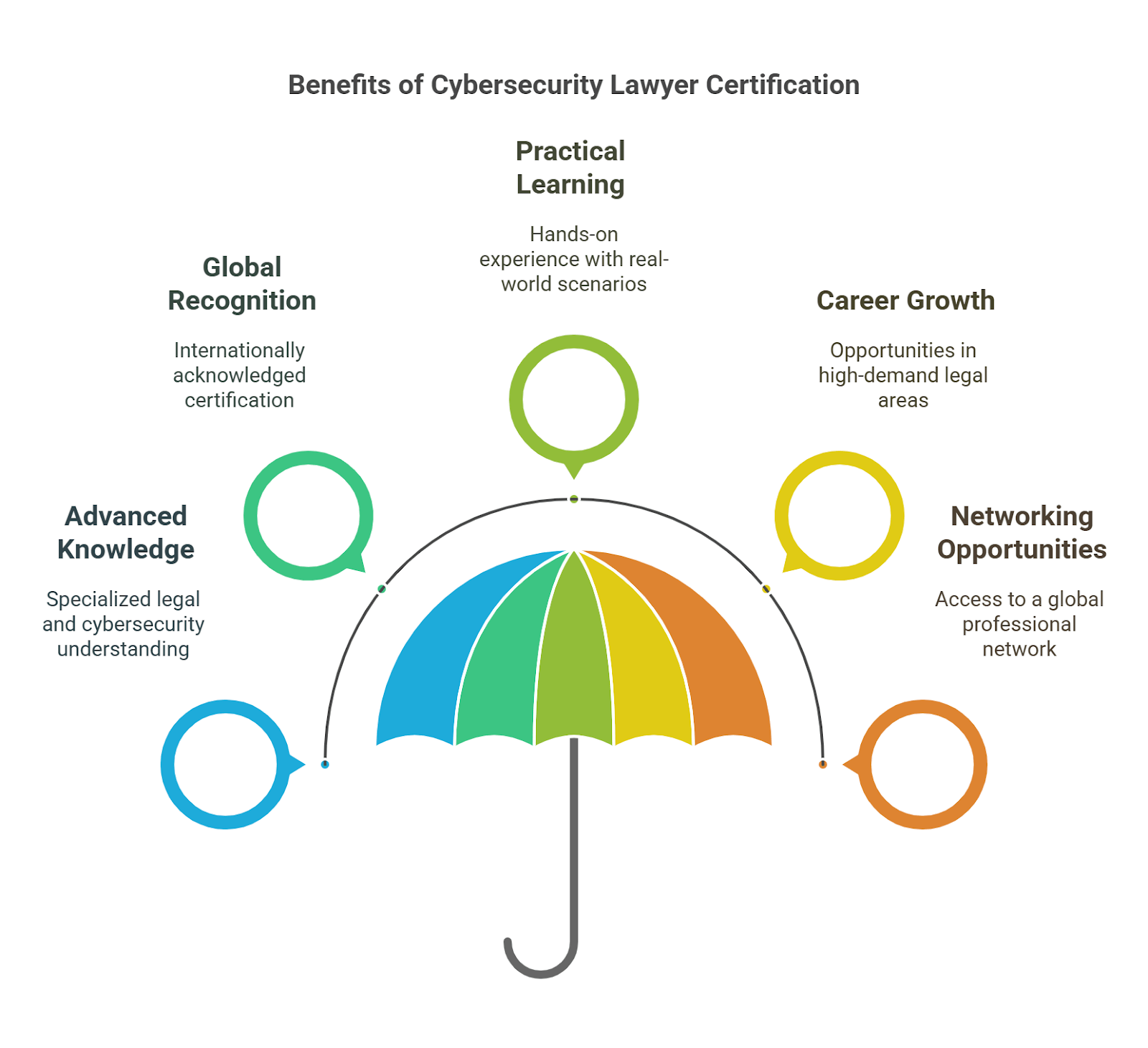
How to Select the Right Cybersecurity Lawyer Certification
When selecting a Cybersecurity Certification Philippines, it’s important to carefully evaluate several factors to ensure the program meets your needs and helps you achieve your career goals. Here’s a breakdown of key factors to consider:
Issuer Reputation
The reputation of the institution offering the certification is crucial. Opt for certifications from established and reputable organizations with a proven track record in delivering high-quality cybersecurity education. A recognized issuer, such as ACSMI, provides credibility, which can enhance your professional standing and ensure the certification is valued by employers.
Comprehensive Curriculum
A well-rounded curriculum is essential to ensure that the program prepares you for the practical and theoretical challenges in cybersecurity law. Look for a certification that provides a balanced education in both law and cybersecurity, covering foundational legal principles, ethical issues, cybersecurity threats, compliance standards, and relevant technologies (such as blockchain and AI). This will give you a complete understanding of the field, ensuring you’re prepared to handle real-world challenges.
Accessibility and Flexibility
Since professionals often have busy schedules, it’s beneficial to select a certification program that offers flexibility in terms of when and where you can study. Look for programs that offer online, self-paced learning, which allows you to complete the coursework according to your schedule. This way, you can balance your professional and personal life while pursuing the certification.
Career-Oriented Features
Certifications that provide additional career support services can give you a significant advantage. These might include access to mentorship programs, job placement assistance, career counseling, and networking opportunities. Choosing a program that actively supports your career growth can help you transition into a new role or advance in your current career more effectively.
Ongoing Professional Development
Cybersecurity is an ever-evolving field, so it’s important to choose a certification that provides continuous learning opportunities. Look for programs that offer updates, new modules, or ongoing education to keep you informed about the latest cybersecurity threats, legal frameworks, and regulations. This ensures that your knowledge remains current and that you’re equipped to handle new challenges as the cybersecurity landscape evolves.
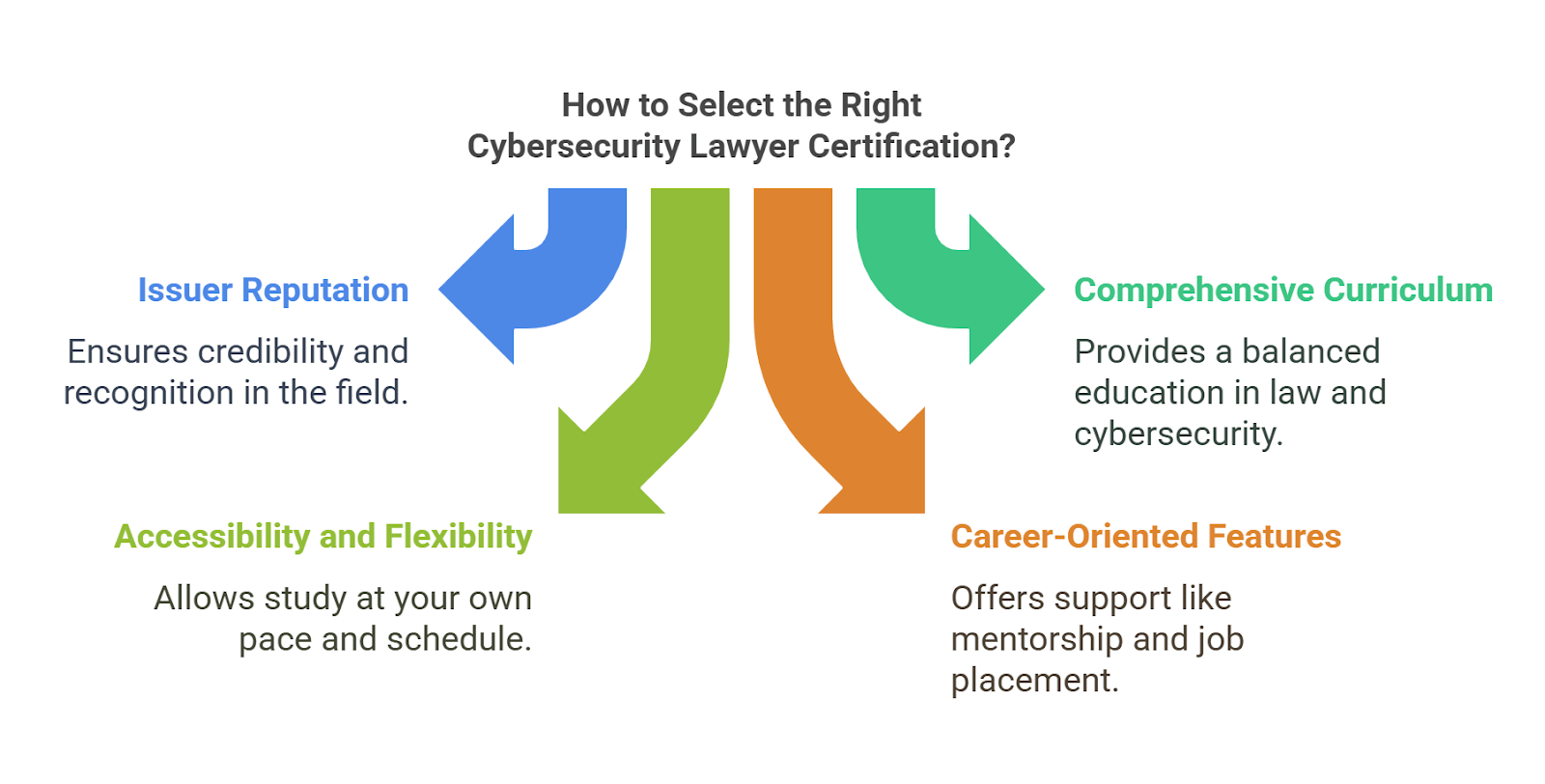
Less Known Facts About Cybersecurity Lawyer Certification
Cybersecurity Law Can Help Shape Policy: Cybersecurity lawyers are often involved in shaping national and international cyber policy. Their input is crucial in creating new regulations that balance innovation and security.
Cybersecurity Certifications Can Lead to Government Roles: Lawyers with a cybersecurity certification are often hired by government agencies to help draft and enforce cybersecurity regulations and policies.
Early Adoption is Key: As the demand for cybersecurity lawyers increases, those who earn certifications early are likely to have more job opportunities and higher salaries.
Cybersecurity Lawyers Play a Role in Litigation: While many focus on compliance, cybersecurity lawyers are increasingly involved in legal proceedings related to data breaches, cybercrime, and intellectual property violations.
Legal Tech is Booming: With the rise of artificial intelligence and machine learning, legal tech is rapidly transforming the industry. Certified cybersecurity lawyers can work in this burgeoning field, helping develop solutions to secure legal processes.
Cybersecurity Lawyer Roles Exist Across Multiple Sectors: Cybersecurity lawyers are needed in a variety of sectors, from healthcare and finance to entertainment and technology, as every industry faces unique cyber threats.
Final Thoughts
Cybersecurity law is an emerging and dynamic field, and earning a Cybersecurity Lawyer Certification or ACSMI Certification can set you apart in the legal profession. As the digital landscape evolves, this certification equips you with the tools to protect clients, navigate complex regulatory environments, and litigate on cybercrime issues. Whether you’re a seasoned legal professional or an aspiring lawyer, this certification offers an opportunity to become a leader in the field of cybersecurity law. Investing in your career today positions you to be a trusted authority in this fast-evolving area of law.
FAQs About Cybersecurity Lawyer Certification
What career paths are open to certified cybersecurity lawyers?
Certified cybersecurity lawyers can pursue roles in corporate legal departments, law firms, compliance consulting, and policy advisory positions.
Do I need a background in tech to pursue this certification?
No, most certification programs are designed for legal professionals, even those without a technical background. Foundational modules are often provided.
Are cybersecurity lawyer certifications cost-effective?
While the upfront cost can be significant, the return on investment is high, as cybersecurity lawyers are in demand and can command higher salaries.
Can law students enroll in cybersecurity lawyer certification programs?
Yes, many programs accept law students in their final years, offering them an edge as they enter the workforce.
Is ACSMI’s cybersecurity lawyer certification globally recognized?
Yes, ACSMI’s certification is internationally respected and provides professionals with the knowledge and skills needed to practice cybersecurity law globally.
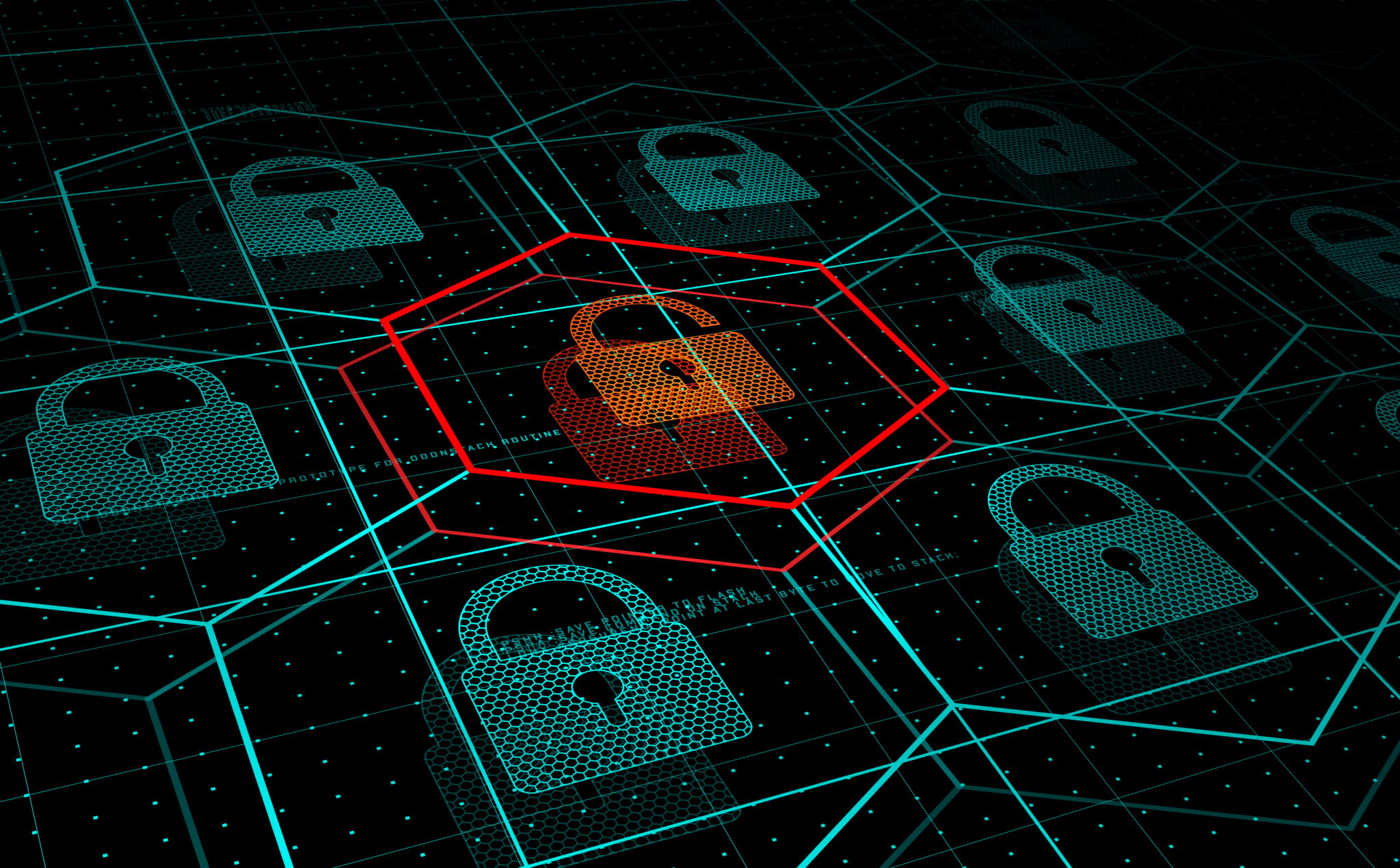
Leave a Reply